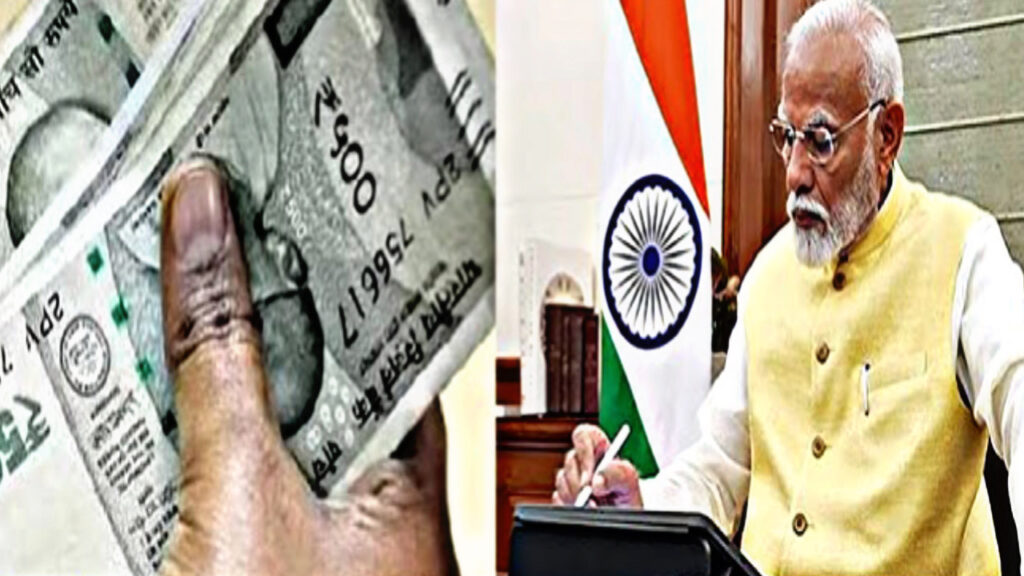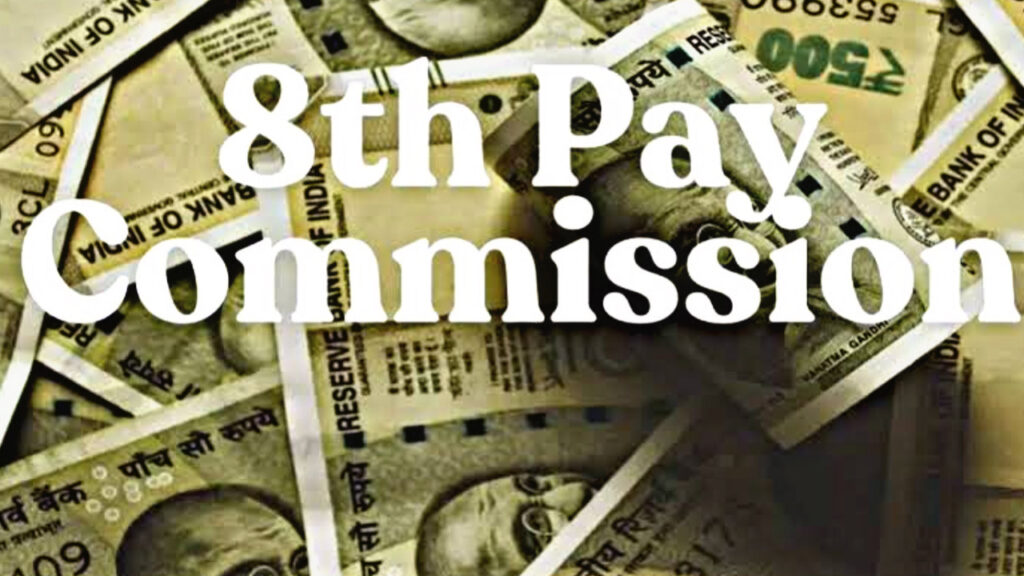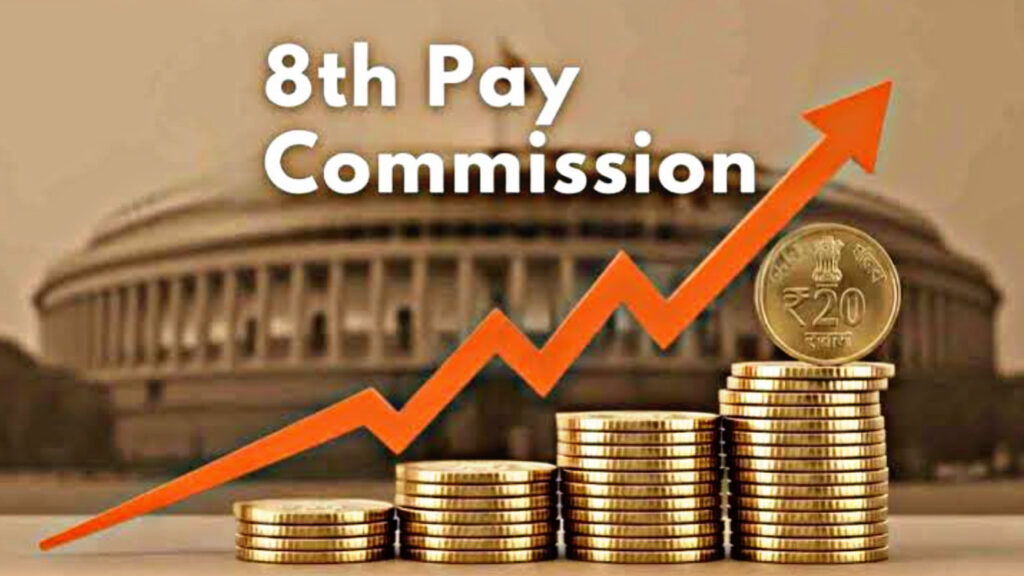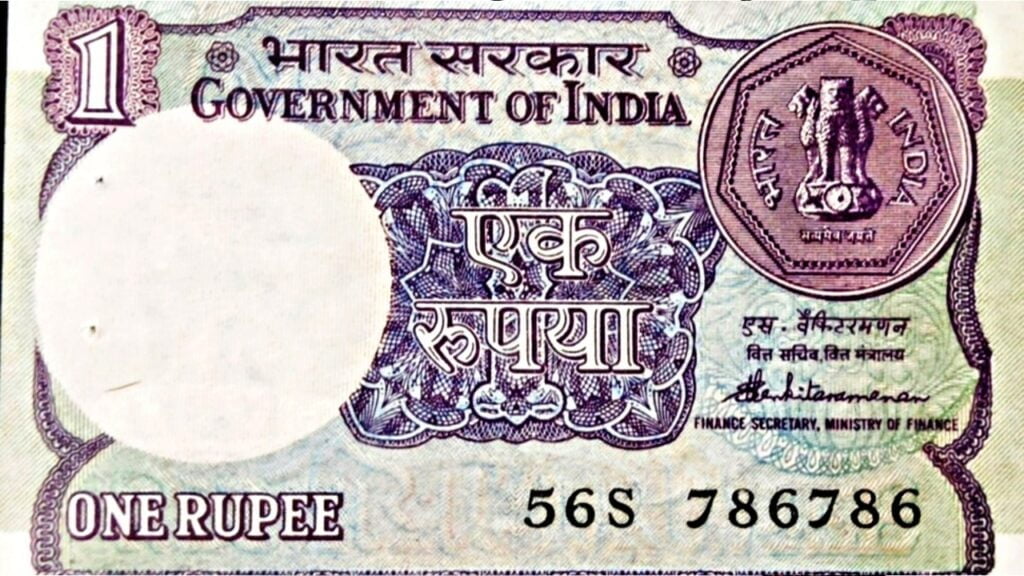8th Pay Commission
The implementation of the 8th Pay Commission has been one of the most awaited events for government employees in India. Since the formation of the 7th Pay Commission in 2016, speculation regarding the potential benefits and structure of the 8th Pay Commission has been rampant. The last few years have seen an ongoing demand for a new commission due to rising inflation and the growing expectations of civil servants. Here’s a comprehensive update on the status and implications of the 8th Pay Commission.

What Is the Pay Commission?
The Pay Commission is a government body responsible for revising the salaries, allowances, and pensions of government employees. Every few years, a new Pay Commission is formed to assess the economic conditions, the rising cost of living, and the salary structures of employees. It ensures that the wages of government employees keep pace with inflation and the changing socio-economic environment.
The 7th Pay Commission, which was implemented in 2016, resulted in substantial salary hikes for central government employees. However, despite the positive changes, the increasing inflation rate and high cost of living have created a demand for revising the pay structure once again. This is where the 8th Pay Commission comes into play.
8th Pay Commission: Key Updates
As of 2025, there are still no concrete announcements regarding the formation of the 8th Pay Commission. However, multiple updates and discussions suggest that the process might be underway. Here’s what is expected:
- Formation of the Commission
The government has not officially announced the formation of the 8th Pay Commission yet, but various reports suggest that it could happen soon. The delay may be due to the current focus on managing economic conditions, especially post-pandemic recovery and inflation concerns. If formed, the commission is likely to be entrusted with analyzing salary structures, allowances, and pension reforms for central government employees. - Possible Salary Hikes
The demand for a salary revision comes at a time when the cost of living has increased dramatically. Inflation and the rising cost of essential commodities have put immense pressure on government employees. Therefore, it is expected that the 8th Pay Commission will focus on substantial hikes in Basic Pay, Dearness Allowance (DA), and allowances to bring about financial relief for employees. - Revised Allowances and Benefits
Along with salary hikes, employees are likely to see a revision in allowances, including house rent allowance (HRA), transport allowance, and medical benefits. The 8th Pay Commission is expected to introduce an updated structure that accounts for modern living conditions and the increased financial needs of employees. - Pension Reforms
Another significant focus of the 8th Pay Commission will be pension reforms. The pension system for government employees has long been a topic of discussion. It is expected that the commission will propose measures to enhance pension benefits, ensuring a more secure post-retirement life for civil servants. - Implementation Timeline
Historically, Pay Commissions have taken around two years to complete their reviews and submit their reports. If the 8th Pay Commission is formed in the next few months, it could take 18-24 months before the recommendations are implemented. Thus, the likely timeline for implementation could stretch from 2026 to 2027.
What This Means for Employees

The 8th Pay Commission, once implemented, will have a significant impact on millions of central government employees across India. With higher pay and improved allowances, employees can expect better financial stability, especially those in lower pay grades who have been hardest hit by inflation. Additionally, pension reforms will ensure that retired employees enjoy a better quality of life.
Although the formation of the 8th Pay Commission is still in the early stages, the growing demand from employees and the changing economic landscape make it a necessity. The updates surrounding the 8th Pay Commission suggest that it could bring positive changes in the pay structure, allowances, and pensions of government employees, helping them cope with the rising cost of living. While there is still no official confirmation, employees are hopeful that the 8th Pay Commission will deliver significant relief.





